
Fools gold vs real gold YouTube
C) Ductility: Gold is very ductile, and a tiny piece of gold will bend or dent with pressure from a pin or a pointed piece of wood. Tiny pieces of pyrite will break or resist the pressure. D) Sectility: Small particles of gold can be cut with a sharp pocket knife. Small particles of pyrite cannot be cut.

How to Separate Fool's Gold From Real Gold (And Not Get Fooled!) Rock Seeker Fool gold, Real
Gold and pyrite have significantly different specific gravities. Gold is much more "dense" than pyrite, having a specific gravity of 19.1, and pyrite has a specific gravity of around 5. When comparing pieces of gold and pyrite of similar sizes, the gold piece should be much heavier. However, gold often comes in alloys.
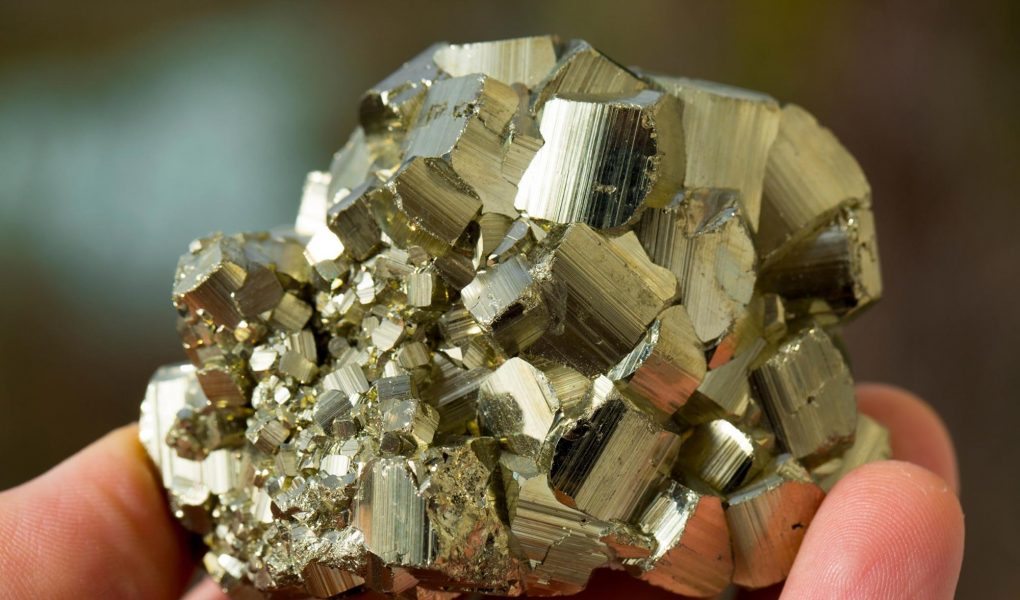
What is Fool’s Gold Know The Difference Between Fool Gold and Real Gold Getnamenecklace Blog
1. Color. In general, the color of both pyrite and gold is yellow. The difference is that pyrite has a brassy yellow while gold is bright to golden yellow. The majority of gold found in nature is alloyed with silver; when the ratio of silver to gold is high, then the combination will show a whitish-yellow hue. 2.
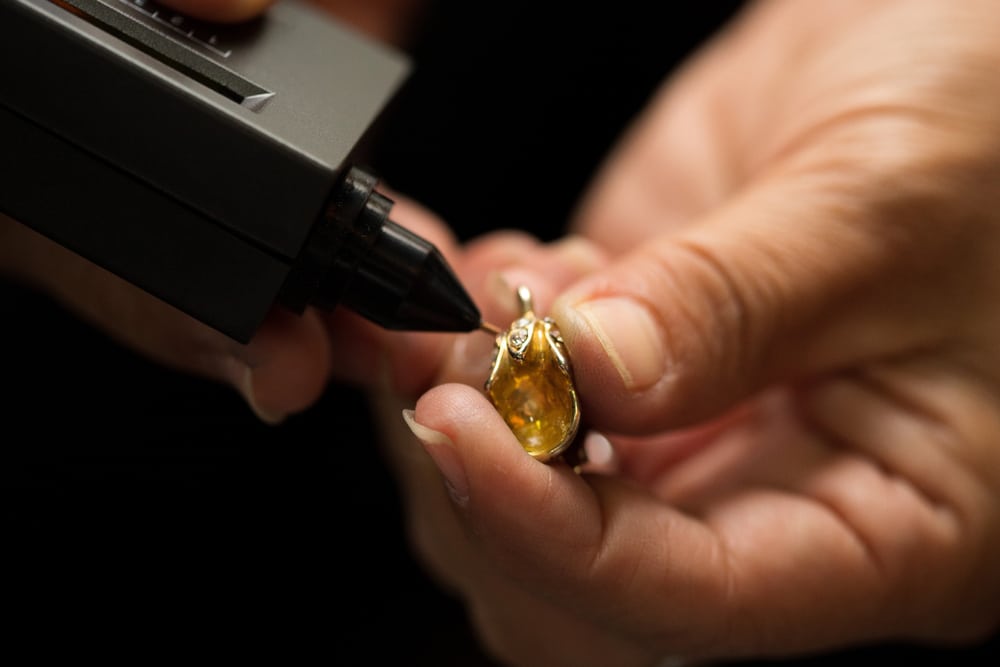
Fool’s Gold vs. Gold How to Tell Fools Gold from Real Gold?
Fool's Gold vs. Real Gold. Are you looking to distinguish between fool's gold and real gold? Understanding the differences between pyrite and gold can save you from being fooled by their similar appearances.

Spot the Difference Between Fool Gold and Real Gold! YouTube
Fool's Gold can be one of three minerals. The most common mineral mistaken for gold is pyrite. Chalcopyrite may also appear gold-like, and weathered mica can mimic gold as well. Compared to actual gold, these minerals will flake, powder, or crumble when poked with a metal point, whereas gold will gouge or indent like soft lead. In addition, actual gold will leave a golden yellow streak when.

Fools Gold vs Real Gold Ultimate Jewelry Guide
Fool's gold, or pyrite, is made of worthless iron disulfide, but can contain tiny amounts of the real thing. Using an 'atom probe', research has uncovered a new way gold atoms can hide in.

Real Gold vs. Fool's Gold YouTube
Fool's Gold: A Brief Overview. Fool's gold is "pyrite", a yellowish mineral with a metallic luster. It contains iron sulfide. Pyrite is called "fool's gold" because it looks like the yellow metal from the outside, and a lot of people, as a result, have mistaken it for actual gold.

Gold vs Fool's Gold How to Tell the Difference YouTube
4 WAYS TO DISTINGUISH FOOL'S GOLD FROM REAL GOLD. SHINE: When you're viewing fool's gold with the natural eye, it will glisten, not shine. The edges will look sharp and it may separate in layers. Gold shines at any angle, not just when the "light is right". HARDNESS: Get a piece of copper and try to scratch the copper with the gold.

How to Separate Fool's Gold From Real Gold (And Not Get Fooled!) Fool gold, Natural gold
If it glitters it probably ain't Gold. Look at the material in the sunlight if it is all a glitter it is a 99.999 chance it is not gold. Pin test: stick a pin in the "gold". If it breaks or fractures or crumbles it isn't gold. Gold is malleable and ductile meaning you can bend it and dent it. Lesser minerals will crack, break or crumble.
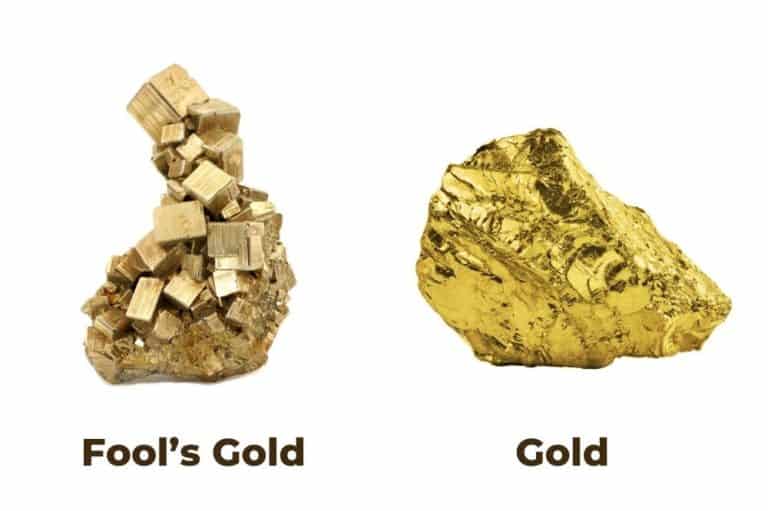
Fool’s Gold vs. Gold How to Tell Fools Gold from Real Gold?
Gold is one of the most highly-desired and useful metals in the world. Not only can it be beautifully shaped and sculpted, the precious yellow metal conducts electricity and does not tarnish.

Fools Gold vs Real Gold Ultimate Jewelry Guide
Weight: Fool's gold is less dense than real gold, with a specific gravity of 4.9-5.2, compared to real gold's specific gravity of 19.3. This difference in density can be observed by comparing the weight of a piece of fool's gold to an equally-sized piece of real gold; the real gold will feel significantly heavier.

Fools Gold Vs. Real Gold [6 Main Differences] GemSmart
Perform a streak test. Scratch the nugget against a white ceramic tile. Look at the streak that the mineral leaves behind. If it is a greenish black color, you've found fool's gold. Real gold produces a golden yellow streak. Test the mineral's hardness. Use the blade of a pocketknife to slice the surface of the specimen.
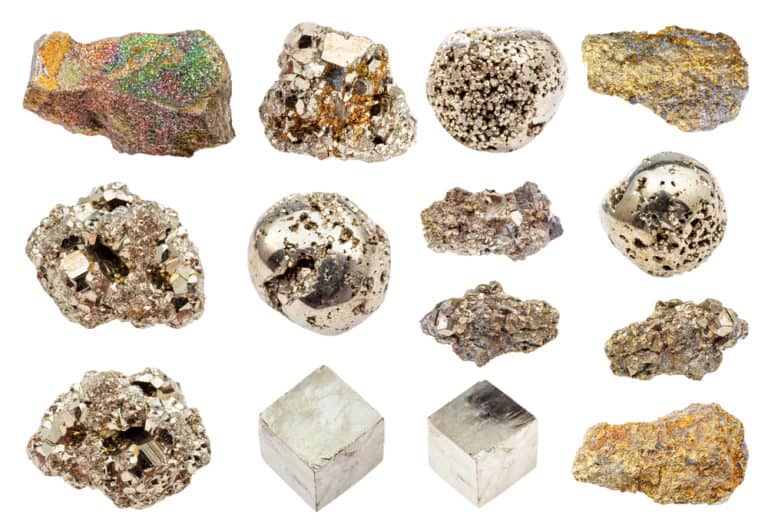
Fool’s Gold vs. Gold How to Tell Fools Gold from Real Gold?
Color: Although gold and fool's gold are both metallic and yellowish, they are different shades of yellow. Real gold is a bright shade of yellow, whereas pyrite is a more brassy yellow. Fool's gold is also susceptible to tarnishing, which renders the surface an even duller, brassy color.
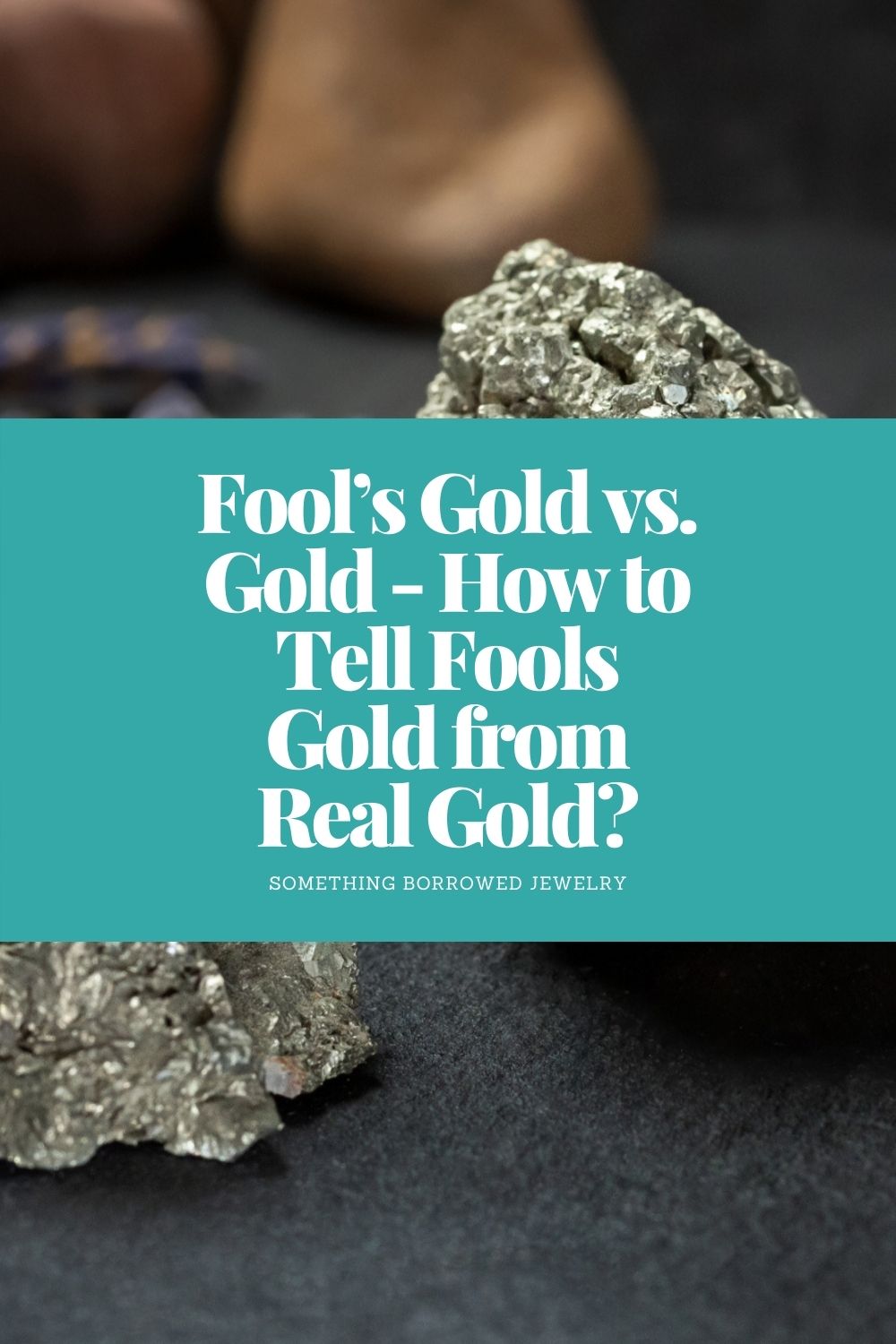
Fool’s Gold vs. Gold How to Tell Fools Gold from Real Gold?
Whereas real gold is a metal, fool's gold is an iron sulfide mineral. While gold is very valuable, pyrite is worth virtually nothing! Pyrite was nicknamed fool's gold because even the most experienced jewelry buyers are sometimes tricked into buying it, thinking it's the real thing. It brings true the famous proverb "all that glitters.
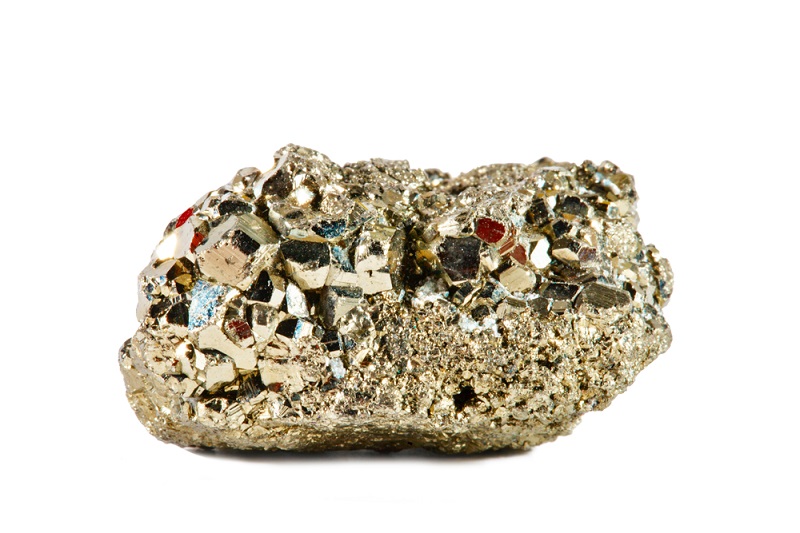
How to Separate Fool's Gold From Real Gold (And Not Get Fooled!) Rock Seeker
Subscribe to #JTV: http://www.bit.ly/subscribejtvCheck out JTV's Gemopedia: http://www.jtv.com/library/gemopediaThis week, Natalie the gemologist explains ho.

How To Tell The Difference Between Gold vs Pyrite Difference Between Fool's Gold and Real Gold
1. Color. The main difference you can tell between fool's gold and real gold is the color. You will notice that real gold is bright and golden yellow. However, fool's gold has a brassy yellow color that doesn't resemble real gold. On the other hand, when you find gold in nature, it is mostly alloyed with silver.